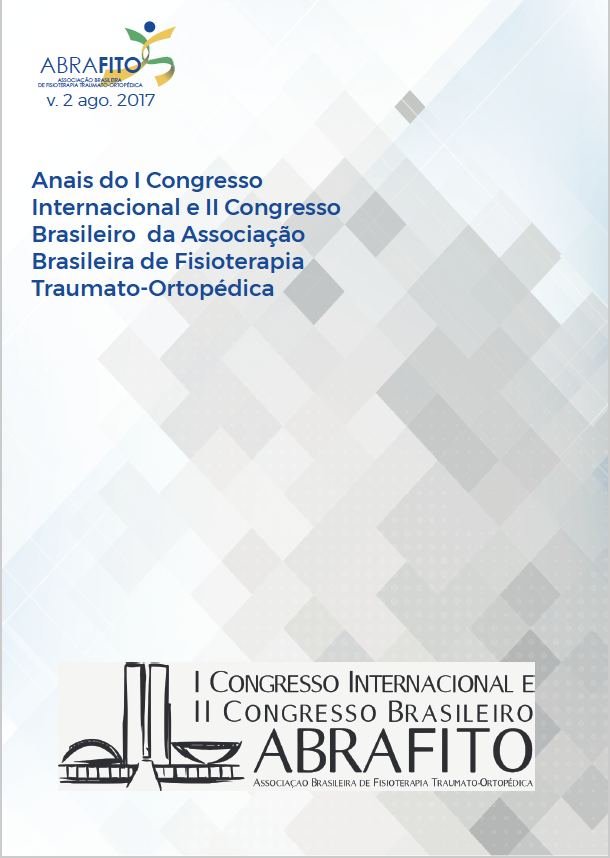MECHANICAL DIAGNOSIS AND THERAPY WAS SLIGHTLY MORE EFFECTIVE THAN PLACEBO FOR PAIN, BUT NOT FOR DISABILITY IN PATIENTS WITH CHRONIC NONSPECIFIC LOW BACK PAIN: A RANDOMIZED PLACEBO CONTROLLED TRIAL
Resumo
Background: Mechanical Diagnosis and Therapy (MDT) is one of the exercise approaches recommended by low back pain guidelines. This method has never been compared to a placebo treatment. Objective: This study investigated the efficacy of MDT compared to placebo in patients with chronic non-specific low back pain. Methods: This was a prospectively registered, 2-arm randomised placebo controlled trial, with a blinded assessor. A total of 148 patients seeking care for chronic nonspecific low back pain were randomly allocated to either MDT (n=74) or placebo (n=74). Patients from both groups received 10 treatment sessions over five weeks. Patients from both groups also received an educational booklet. Clinical outcomes were obtained at the end of treatment and 3, 6 and 12 months after randomisation. Primary outcomes were pain intensity and disability at the end of treatment. We also conducted a subgroup analysis to identify potential treatment effect modifiers that could predict a better response to MDT treatment. The study was conducted in the outpatient physical therapy clinic in São Paulo, Brazil. Results: The MDT group had greater improvements in pain intensity at the end of treatment (mean difference (MD) -1.00, 95% CI -2.09 to -0.01) but not for disability (MD -0.84, 95% CI -2.62 to 0.93). We did not detect between group differences for any secondary outcomes, nor were any treatment effect modifiers identified. Patients did not report any adverse events. Conclusion: We found a small and likely not clinically relevant difference in pain intensity favouring the MDT method immediately at the end of treatment but not for disability. No other difference was found for any of the primary or secondary outcomes at any follow-up times.Downloads
Publicado
2017-08-17
Edição
Seção
Resumo
Licença
Autores do manuscrito deverão preencher e assinar a Declaração de Responsabilidades e Transferência de Direitos Autorais, que deverá ser anexada, pelo autor responsável pela submissão, no passo 4 do processo de submissão no sistema da revista (Clicar na opção “Browse”, selecionar o arquivo que deve ser inserido no formato pdf, clicar no botão “Transferir”, no campo “Título” digitar: Declaração de responsabilidades, depois clicar no botão “Salvar e Continuar” e prosseguir com o processo de submissão).Como Citar
MECHANICAL DIAGNOSIS AND THERAPY WAS SLIGHTLY MORE EFFECTIVE THAN PLACEBO FOR PAIN, BUT NOT FOR DISABILITY IN PATIENTS WITH CHRONIC NONSPECIFIC LOW BACK PAIN: A RANDOMIZED PLACEBO CONTROLLED TRIAL. (2017). Anais Do Congresso Brasileiro Da Associação Brasileira De Fisioterapia Traumato-Ortopédica - ABRAFITO, 2(1). https://seer.uftm.edu.br/anaisuftm/index.php/abrafito/article/view/2016

